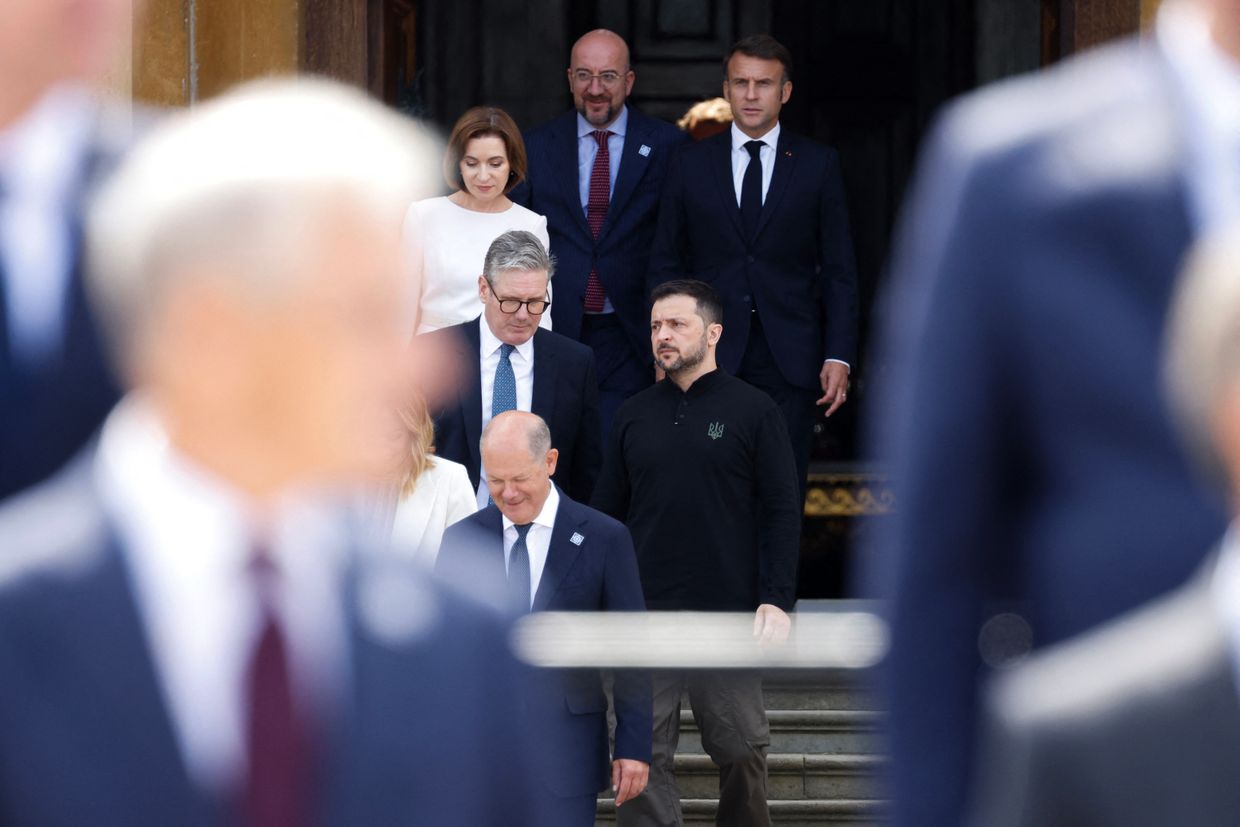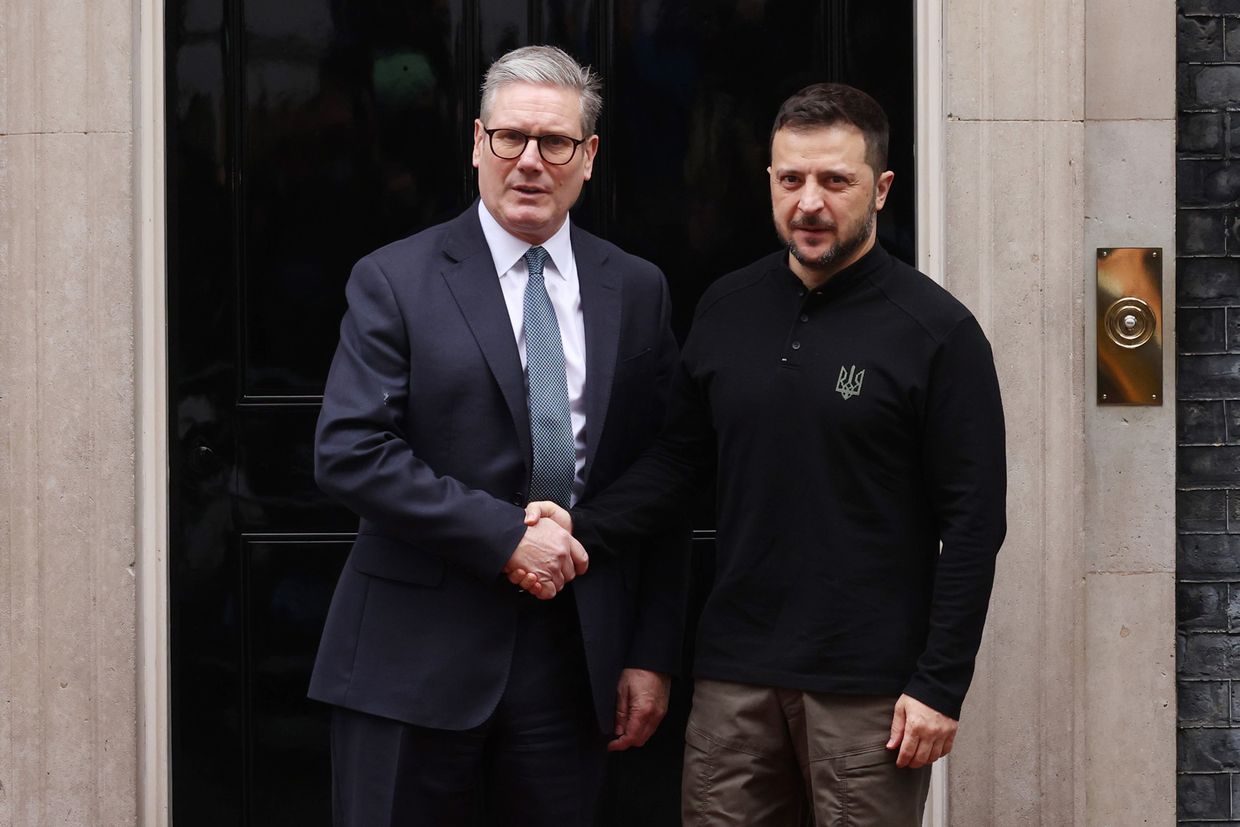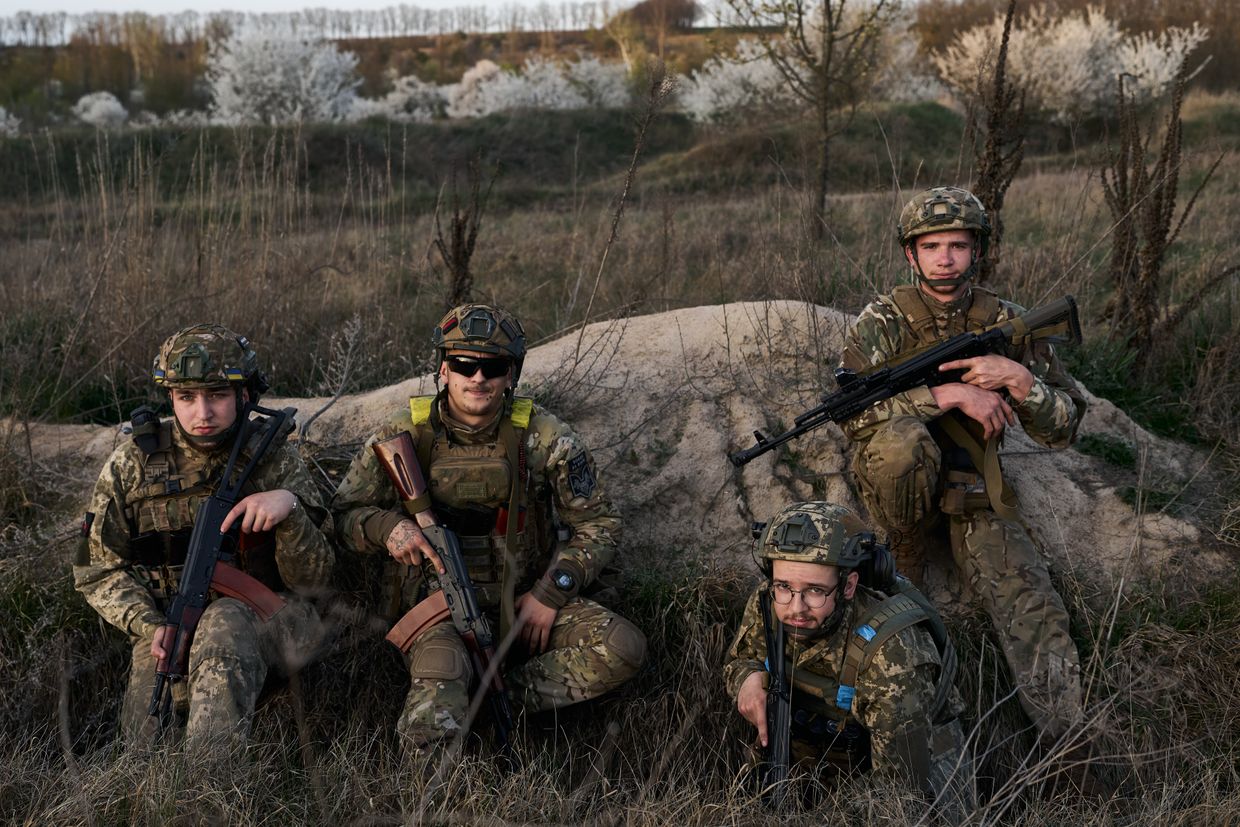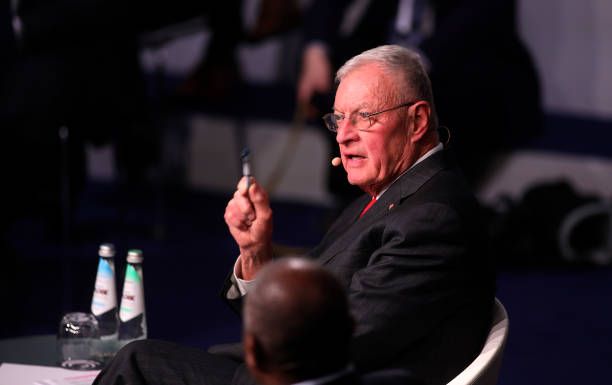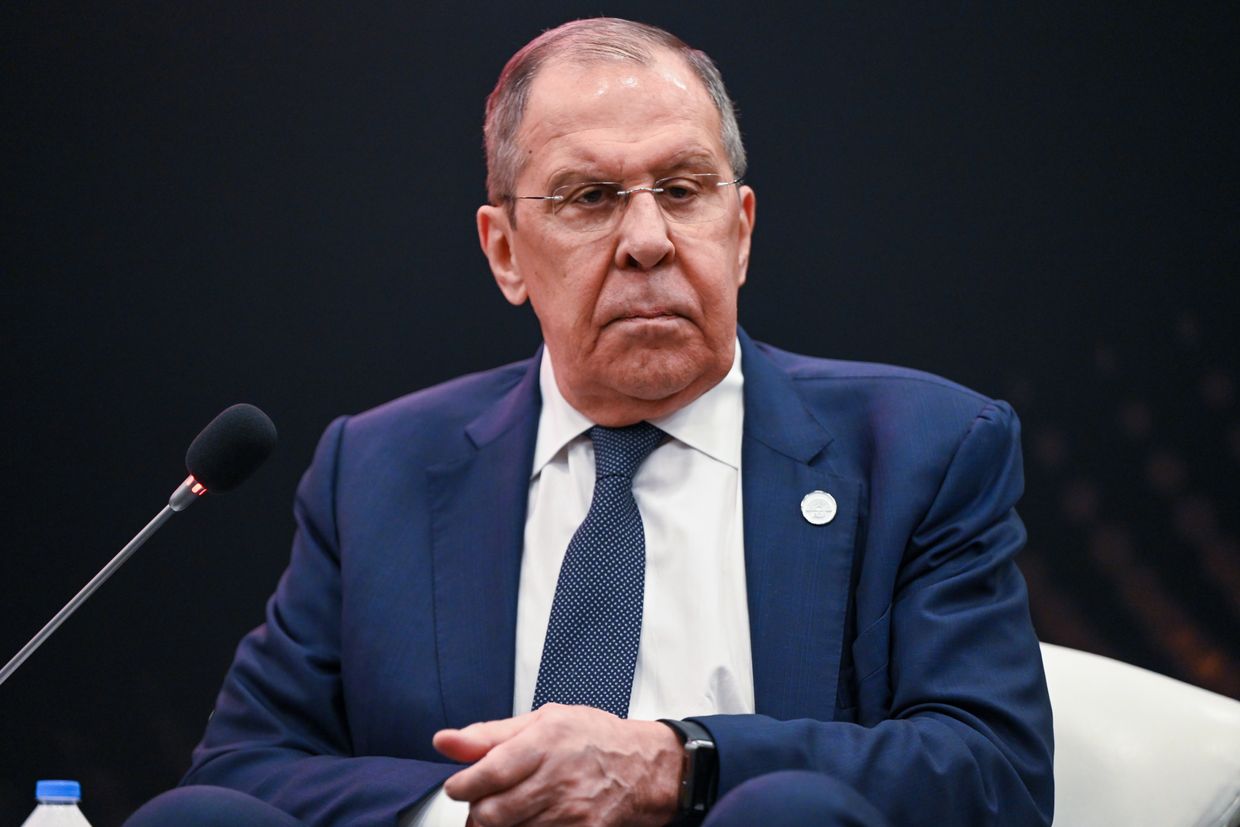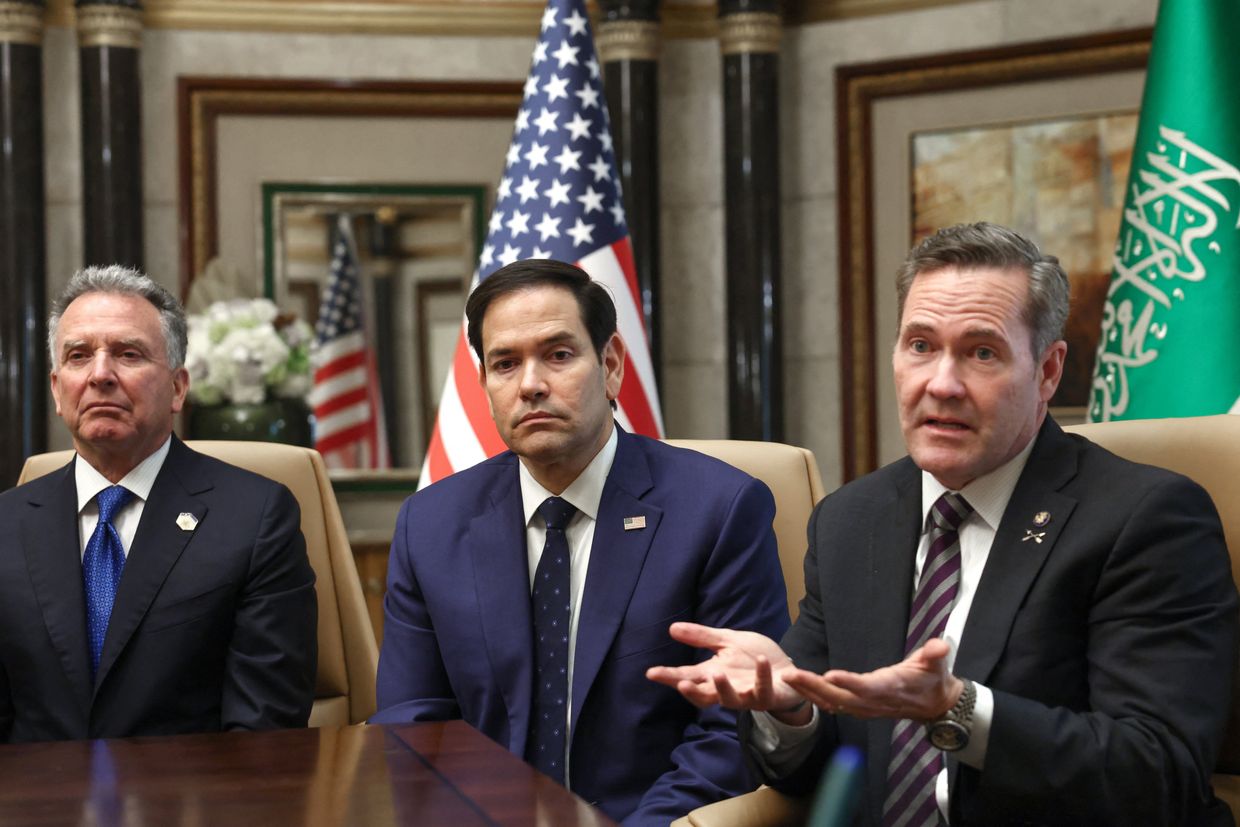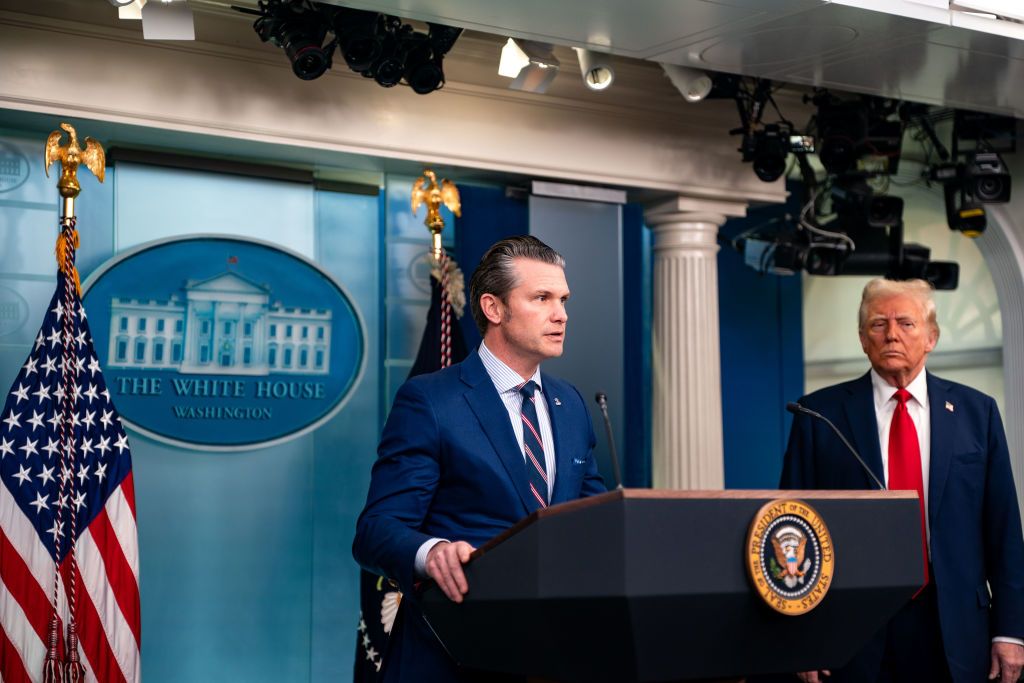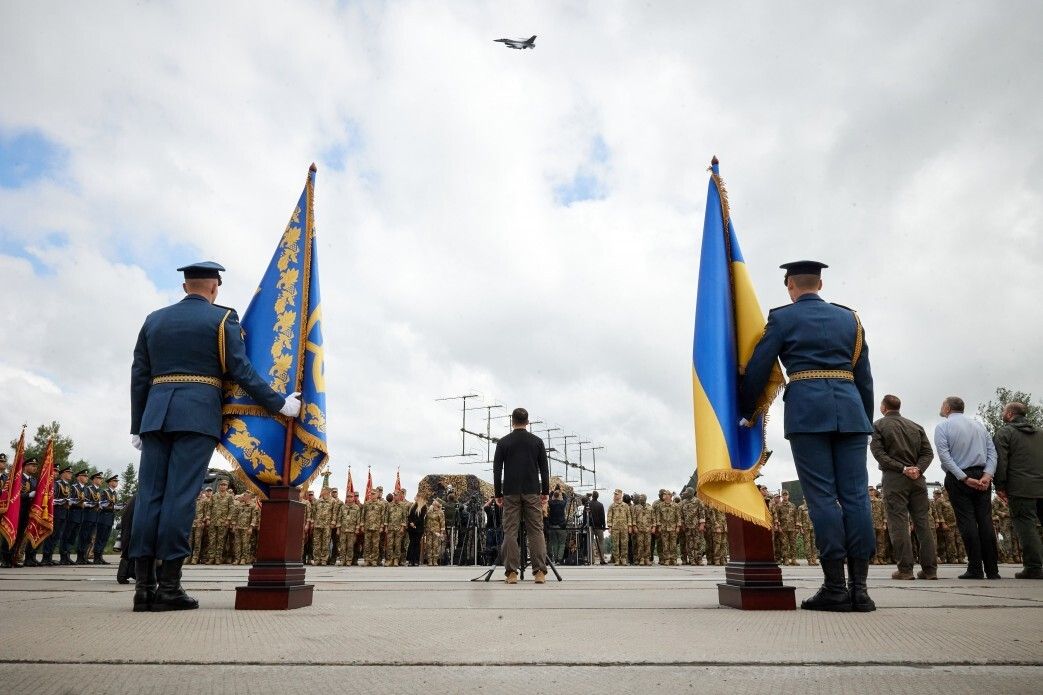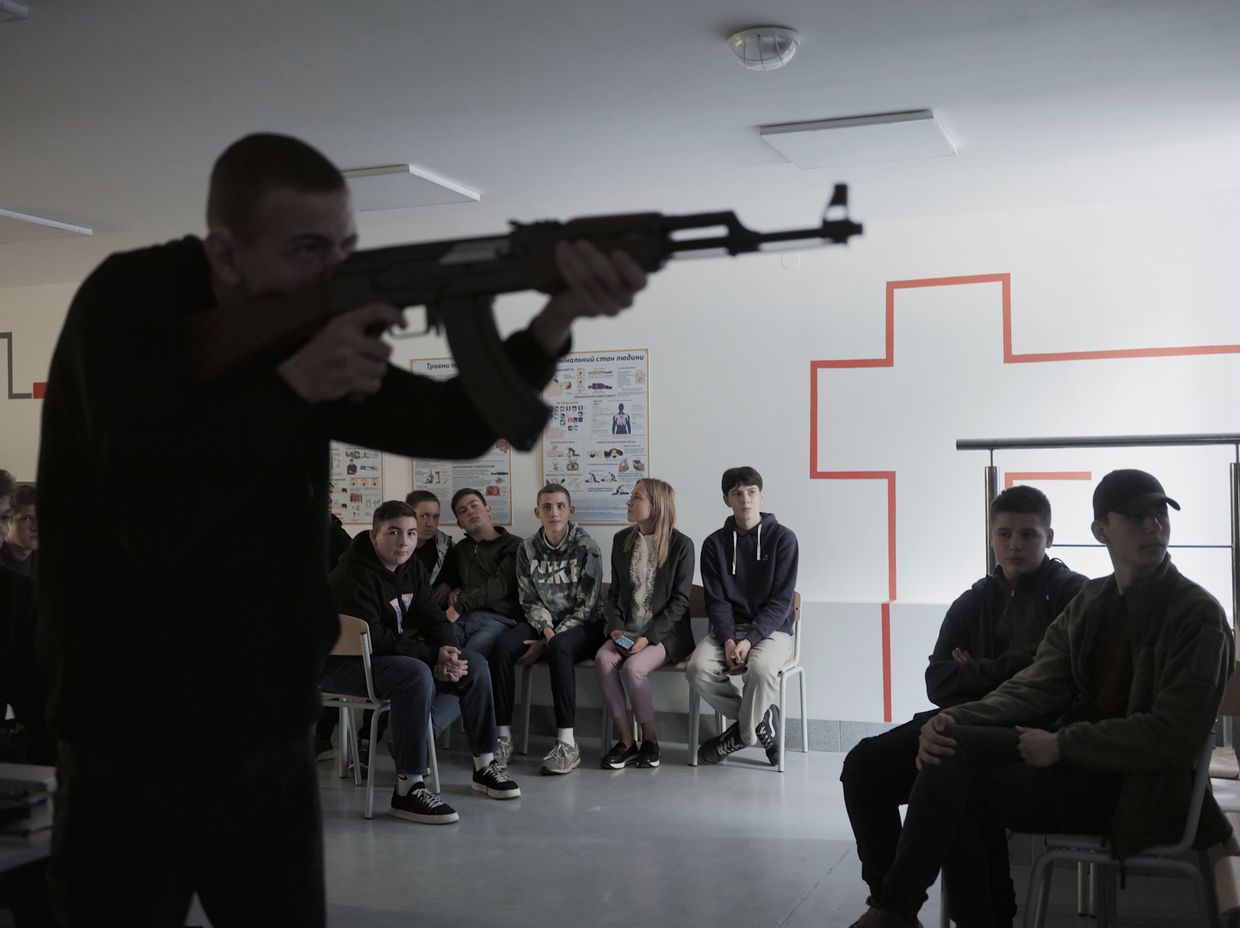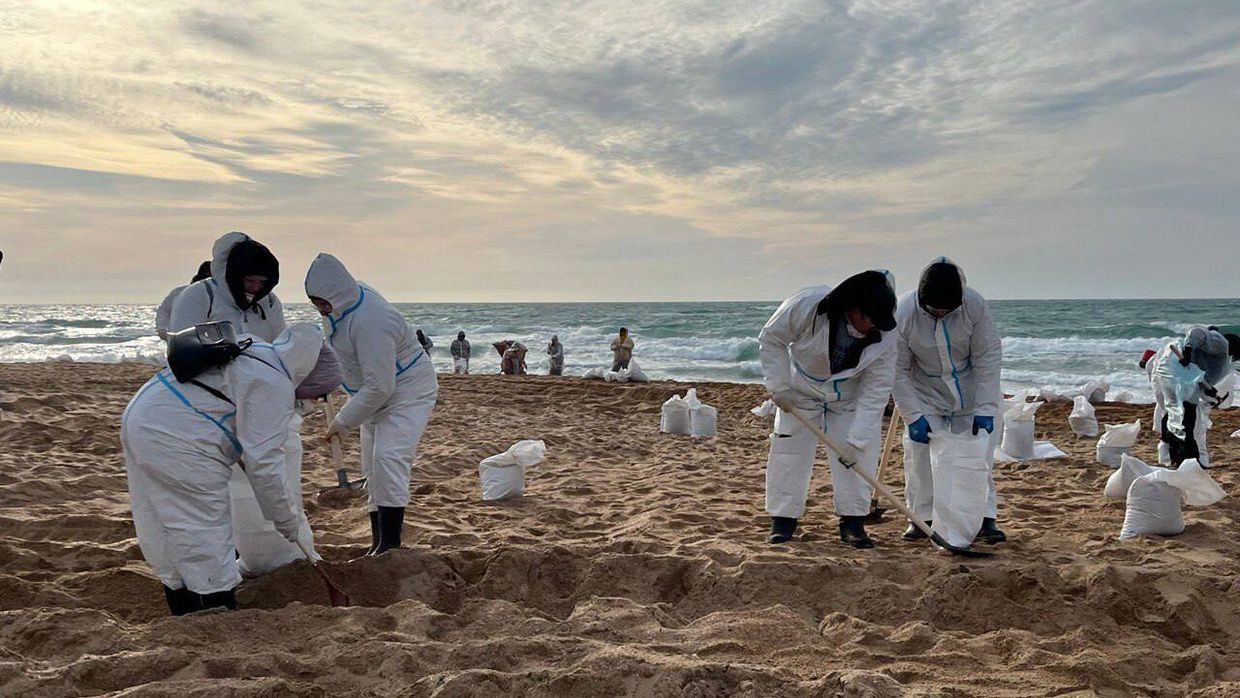U.K. Prime Minister Keir Starmer has called on U.S. President Donald Trump to provide American military backing for a proposed European peacekeeping force in Ukraine, arguing that only a U.S. security guarantee can deter Russia from launching further aggression.
His appeal came after an emergency summit in Paris on Feb. 17, where European leaders debated increasing defense spending and discussed the potential deployment of European forces, according to the Guardian. Starmer reiterated his willingness to send British troops as part of a multinational force but insisted that U.S. involvement was essential to ensure its effectiveness.
The Paris summit, convened by French President Emmanuel Macron on short notice, reflected growing European concerns that Trump and Russian President Vladimir Putin may be negotiating over European security without the direct involvement of European leaders.
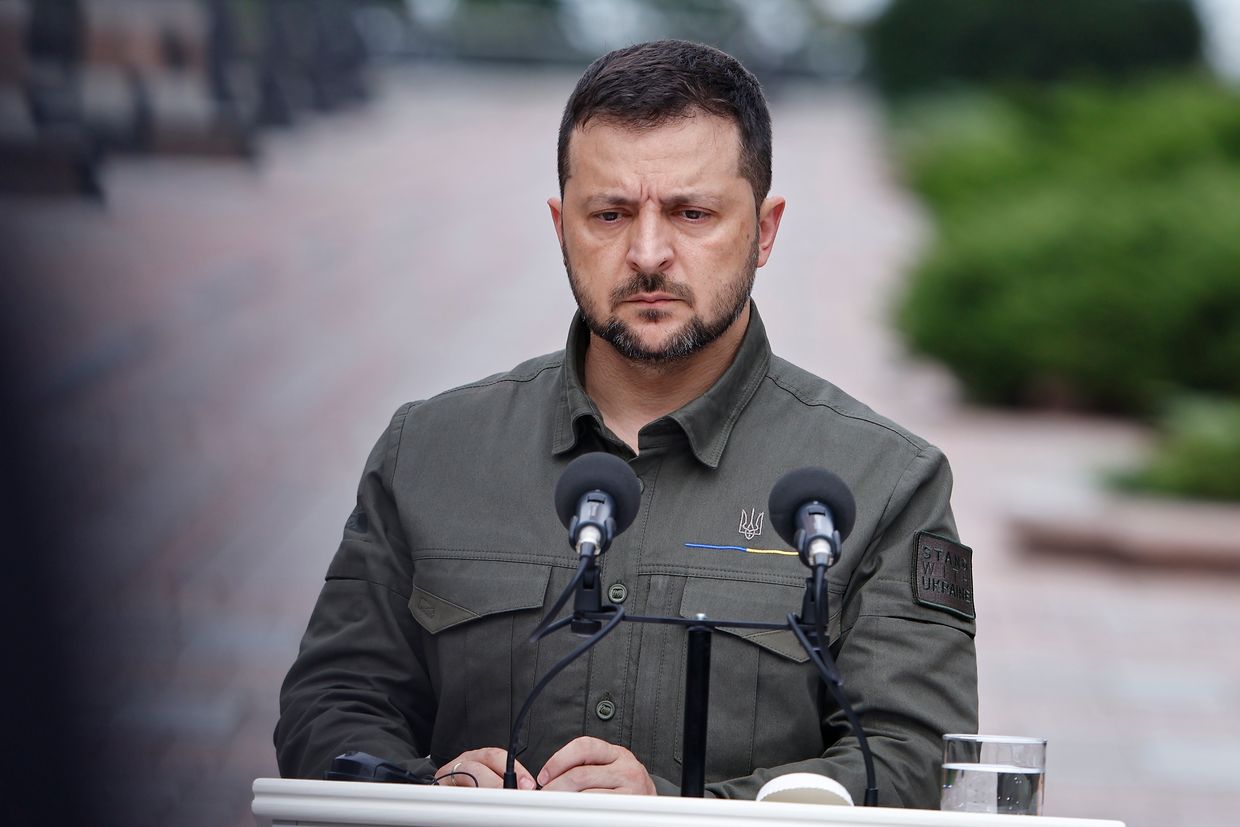
While some leaders, including German Chancellor Olaf Scholz, opposed discussions on deploying a European force, Starmer pushed forward, arguing that European troops would need American logistical and military support. U.K. defense officials have stressed that even a non-combat peacekeeping force of 30,000 troops would require NATO’s protection, particularly in terms of air cover and logistics.
Scholz, while agreeing that a European force could not operate without U.S. backing, dismissed the timing of the debate as premature. He criticized discussions about troop deployment while Russia continues its war in Ukraine, arguing that the focus should remain on military and financial support for Kyiv.
Other European leaders, including Polish Prime Minister Donald Tusk, emphasized the urgent need to boost European defense spending to counter Russia’s military power. Tusk warned that unless European countries take immediate steps to strengthen their defenses, they will struggle to provide meaningful support for Ukraine.
If we, Europeans, fail to spend big on defence now, we will be forced to spend 10 times more if we don’t prevent a wider war. As the Polish PM I’m entitled to say it loud and clear, since Poland already spends almost 5% of its GDP on defence. And we will continue to do so.
— Donald Tusk (@donaldtusk) February 17, 2025
Concerns over Trump’s potential approach to peace negotiations with Russia dominated the summit, as European leaders fear he may push for a ceasefire that does not account for Ukrainian interests.
Senior U.S. and Russian diplomats are set to meet in Riyadh to follow up on a phone call Trump initiated with Putin last week.
U.S. President Donald Trump reaffirmed on Feb. 16 that Zelensky would have a say in the process and mentioned the possibility of allowing European nations to purchase U.S.-made weapons for Ukraine. Rubio echoed similar comments, adding that Ukraine and Europe must play a role in serious negotiations with the U.S. and Russia to end the war.
European diplomats are increasingly worried that Trump might make unilateral concessions to Russia, such as lifting key sanctions or withdrawing U.S. troops from Europe, as part of a broader deal with Moscow.
